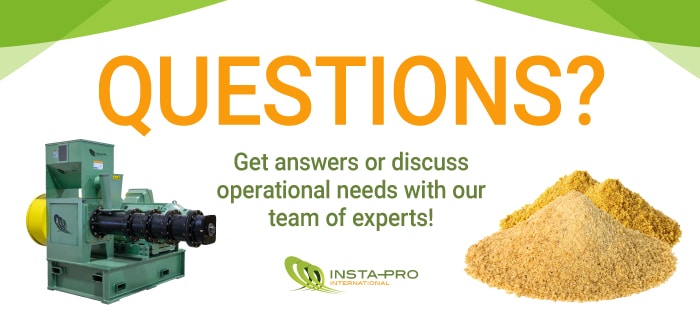Chipotle a compris que les produits finis ne peuvent pas être bons si leurs matières premières ne sont pas bonnes

La chaîne Chipotle Mexican Grill a récemment annoncé qu’elle avait réussi sa transition, avec quelques autres entreprises qualifiées, vers l’utilisation exclusive d’ingrédients sans OGM dans leurs produits alimentaires. Chose intéressante, de nombreuses réactions ont été décrites comme « vives », à l’exception d’une réaction qui je crois a traduit une bonne compréhension de ce que Chipotle est en train de faire.
Le meilleur exemple illustrant ce qui se passe se trouve dans un récent article – tout ce qui est proposé dans le menu de Chipotle est réalisé à partir de 68 ingrédients. Par contre, l’un des concurrents de Chipotle vend un burrito qui contient 81 ingrédients. En bref, Chipotle limite ses ingrédients et communique sur ce point pour montrer qu’elle est attentive à la demande des consommateurs et qu’elle sait ce que contient leur nourriture. Plus tôt cette année, Chipotle a retiré les carnitas de porc d’environ 600 restaurants après qu’un audit a révélé que la ferme porcine ne respectait pas les normes requises. Plutôt que de trouver un substitut de qualité inférieure, le menu a été restreint jusqu’à ce que la ferme respecte de nouveau les normes.
Chipotle a suivi une grande philosophie d’entreprise qui peut s’appliquer à tous types d’alimentation (humaine ou animale) : le produit ne peut pas être meilleur que les matières premières utilisées pour le produire (voir ici et ici). Aussi, plus il y a d’ingrédients dans un produit, plus il est difficile de maintenir une qualité constante – le temps est limité pour réaliser des audits de fournisseurs et évaluer la qualité des ingrédients reçus.
J’ai moi-même connu un cas illustrant ceci, dans une entreprise qui essayait d’améliorer rapidement le rendement de ses lignes de production en proposant des formulations nécessitant une grande quantité d’ingrédients différents. Ils bataillaient constamment pour assurer le volume de production et la qualité du produit. De temps en temps, un compromis était trouvé en réduisant légèrement la qualité pour maintenir le volume de production.
Insta-Pro International est aussi impliquée dans la production d’ingrédients sans OGM. En particulier, le soja non-OGM peut être transformé en utilisant l’extrusion sèche à cisaillement élevé, suivie d’une extraction mécanique de l’huile. Ce processus désactive les facteurs antinutritionnels créés naturellement dans le soja et brise les parois des cellules pour obtenir une grande proportion d’huile à partir du tourteau qui contient des protéines.
Nos équipements ne réclamant pas de produits chimiques et permettant la préservation d’identité, nous nous impliquons de plus en plus dans la production de soja non-OGM. Comme je l’ai écrit précédemment, les systèmes de transformation actuels ne sont pas prévus pour séparer différents types de céréales ou d’oléagineux. Ils sont prévus pour d’importants volumes de denrées, pas pour des ingrédients avec des caractéristiques spécifiques.
Tout ceci pour dire qu’il importe peu que vous exploitiez une installation de transformation ou un restaurant. Ce qui est important, c’est de travailler avec une entreprise qui comprenne bien ses équipements, comment les faire fonctionner correctement, et le rendement du produit fini (voir ici et ici). Des entreprises comme Chipotle continuent à se développer en s’adaptant à la demande du marché actuel et en proposant des produits alimentaires produits à partir d’ingrédients de qualité. Chipotle pourrait encore franchir une étape dans ses normes de qualité en demandant à ses fournisseurs de produire leur viande en utilisant un régime alimentaire sans OGM. Pour davantage d’informations nutritionnelles et de conseils, contactez Dave Albin ou Nabil Said.



